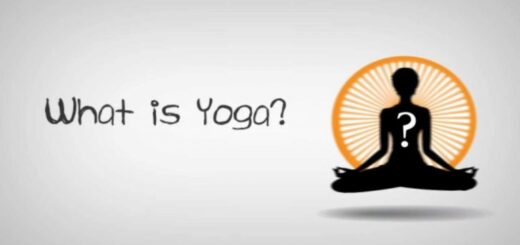Depression is the result of Learned helplessness
The Learned Helplessness model of depression suggests that if people feel they are unable to control life events – especially stressful events – they learn a sense of helplessness that will eventually lead to depressive symptoms. Learned helplessness Theory grew out of research on the response of animals to uncontrolled stressors. In this research, dogs were exposed to episodes of electric shock from which they could not escape. When these animals later experienced shocks from which they could escape many did not even try to do so they just tolerated the shock, looking helpless and miserable (Seligman & Maier 1967).

Similar results were observed in humans who had been exposed to sessions of inescapable aversive noise (Hiroto & Seligman 1975). These and other results led Martin Seligman (1975) to hypothesize that learned helplessness in humans –
- Interferes with the ability to learn responses that could solve or help them cope with life’s problems;
- Causes them to give up even trying to solve such problems and
- Eventually so impairs motivation, mood and self-efficacy as to leave them in a state of depression.
You may like : Ten Mantras of Success



Recent Comments